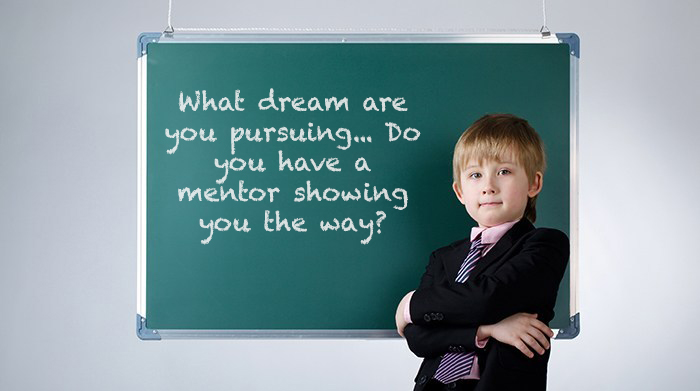While it’s difficult to overstate the importance of having the right mentor, just having a mentor is not enough. Mentoring is a relationship. The responsibility is a two-way street. The mid-80s blockbuster coming of age hit, “The Karate Kid” captures this message in an unforgettable way.
In one of the most powerful scenes in the movie, Daniel is frustrated because he is not getting what he expected out of his relationship with Mr. Miyagi. Daniel came to the relationship hoping to learn to defend himself, to get some revenge on some bullies, and, if all his stars align, win the heart of his crush. Mr. Miyagi wants Daniel to learn something far more valuable, and it’s a lesson Daniel is not quite ready to hear. His attitude is affecting both his effort and his understanding. Because he doesn’t realize what he’s learning and how to apply it, Daniel is ready to give up. That’s when Miyagi offers his student some illumination, in one of the most memorable three minutes on film.
Miyagi’s parting words to Daniel provide a timeless admonition for anyone hoping to get the most out of a mentoring relationship: “Always look eye … come back tomorrow.”
This combination of instruction and invitation encapsulates so much about what it means to be effectively mentored.
Looking someone in the eye conveys respect and honesty, as well as attention, focus and awareness, willingness to engage and learn.
And “come back tomorrow” … that’s all about perseverance and commitment. There will be times of challenge, when you feel discouraged, frustrated or confused. Being willing to step up and try again, ask again, think again—this is a vital quality everyone who wishes to become the best version of themselves should work to develop.
Here’s a simple, five-point metric to help you measure your current aptitude for optimum mentoring.
Are you coachable?
When someone you trust and respect points out something you could be doing better, are you more focused on the tone and manner of delivery, or do you take the advice to heart and examine your actions and attitudes?
Are you timely?
Do you find yourself frequently apologizing for ‘running late’ or having to reschedule appointments for one reason or the next? Timeliness is about more than disciplined habits. Choosing to respect another person’s time communicates value, appreciation and respect.
Do you reflect?
After an interaction with a mentor, do you take time to consider what they have said and how you responded? Do you give it time and revisit it later? Reflecting on what someone has invested in your life is vital to becoming a better version of yourself.
Are you willing to give up being right?
The result of any effective mentoring relationship is change and growth. You will be stretched. You will learn, and this will change your perspective, your approach and your habits. To accomplish this, you have to give up believing you are right and be willing to accept a different perspective.
Are you gracious?
Sooner or later, your mentor will be wrong. They will make a mistake, an error that may even create direct consequences for you. How willing are you to forgive, to offer understanding and perspective? Will you extend the same grace and courtesy to them as you would claim for yourself?
Remember, this is a process. Each mentoring relationship makes us better, and helps us be more receptive for the next opportunity to learn and more prepared to walk the path in our journey.


0 Comments